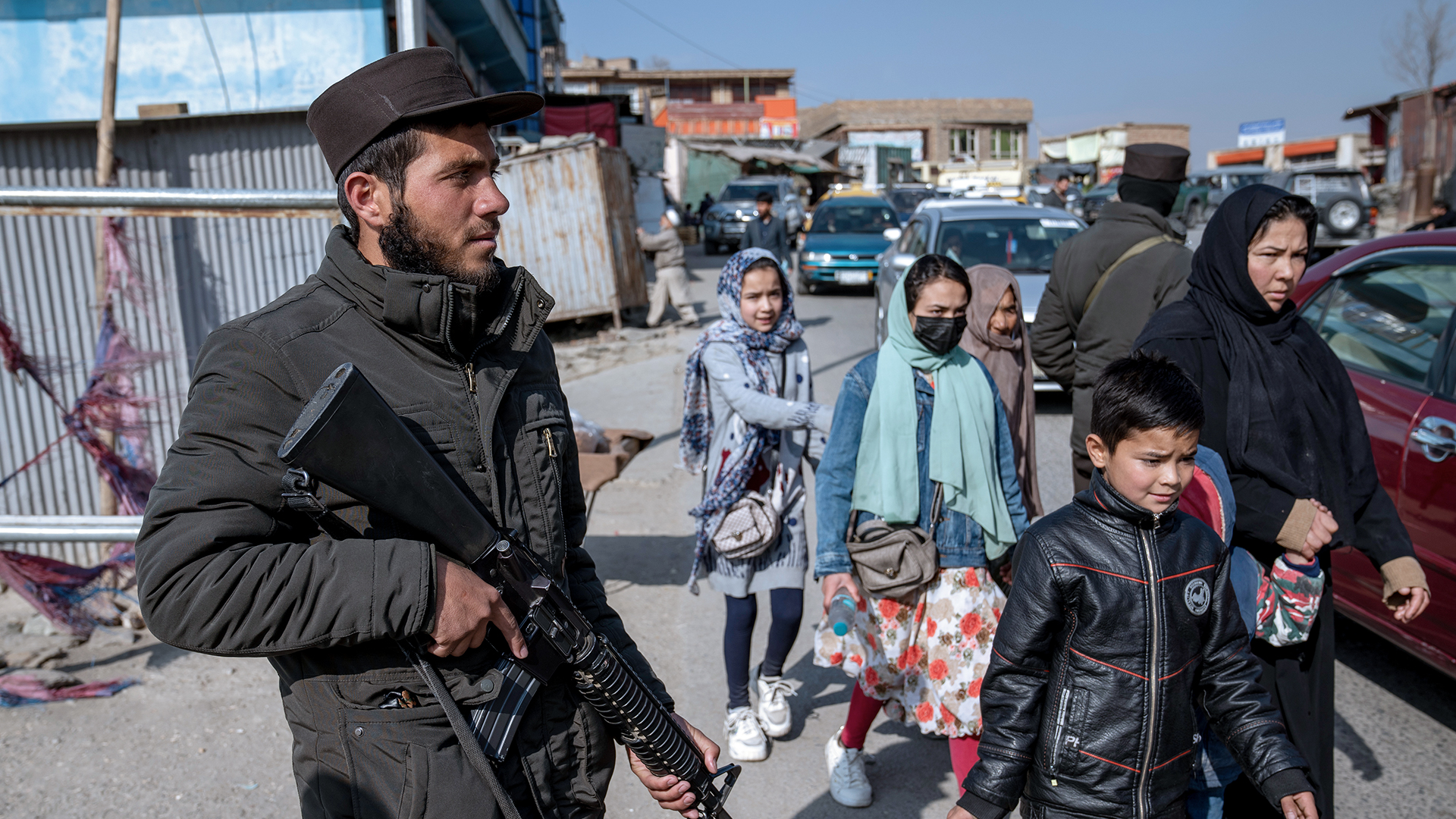
A human rights expert and educator is sounding the alarm after the Taliban banned women from attending universities, the latest setback for females in Afghanistan.
Listen to the latest episode of CBN’s Quick Start podcast
Dr. Katrina Lantos Swett, president of the Lantos Foundation for Human Rights and Justice and the former chair of the United States Commission on International Religious Freedom, said the crackdown on women’s rights, considering the Taliban’s past actions, was “entirely foreseeable.”
“It is an incredibly distressing decision but in some ways not shocking nor a surprise,” Swett said. “We have to understand that the suppression of women is really integral to the extremist ideology of the Taliban.”
She continued, “And those of us who are familiar with the way they ran Afghanistan in the early, dark days of their first rule of that country were not shocked. We’re not surprised by this tragic development.”
Watch Swett sound the alarm on the situation in Afghanistan:
The university preclusion is just the latest in a string of policies aimed at stripping women of their rights.
“Once again, women are required to be completely veiled if they step outside the confines of their home,” Swett said. “They’re really not permitted to go anywhere without a male escort.”
Before the university ban, the Taliban had already restricted education past the sixth grade. All of this plays into the Taliban’s view that women aren’t equal to men.
“The Taliban do not view women as equal members of the human race,” Swett said. “They are subjugated, and repressed, and suppressed, and really robbed of their most fundamental human rights.”
These most recent policy changes and newfound Taliban rule emerged after the U.S. pullout from Afghanistan in 2021 — a move some experts have decried as disastrous. Despite the Taliban’s claims over the past year they would respect human rights, reality paints a very different picture.
“A leopard does not change its spots, and this regime and these leaders are the same brutal, violent extremist, repressive dictators that [ruled] Afghanistan more than 20 years ago,” Swett said. “They have not changed, and we shouldn’t be fooled, and we shouldn’t be duped.”
She doesn’t believe the Taliban can modernize or come alongside the rest of the world.
“I think they are so committed to this medieval Ideology — it’s really not religion; it’s an ideology — that they could not remain the Taliban and evolve in a way that would make them an acceptable partner for the rest of the world,” Swett said.
As for the U.S. pullout from Afghanistan, Swett said that, regardless of opinions on the broader decision, it was clearly a tragedy for women, noting how females had made “enormous strides” before the Taliban came back to power.
The natural questions following all of this are: how should the international community respond to the Taliban — and what measures can be taken to curtail their destructive policies?
“The tools at the disposal of the United States and the international community are limited,” Swett said, noting how sanctions can end up hurting the Afghan people who are “already victimized.” Watch her explain this issue more here.
Be sure to continue praying for Afghanistan, the people there, and world leaders grappling with the situation.
The remainder of this article is available in its entirety at CBN

